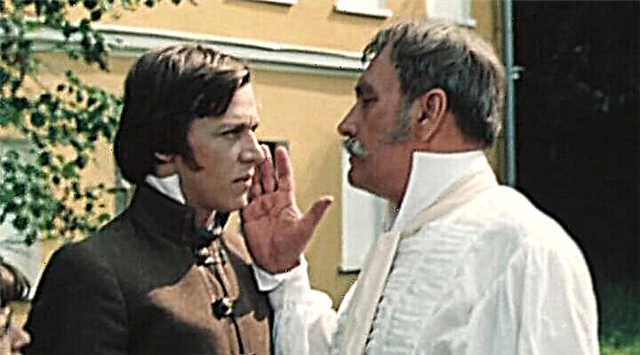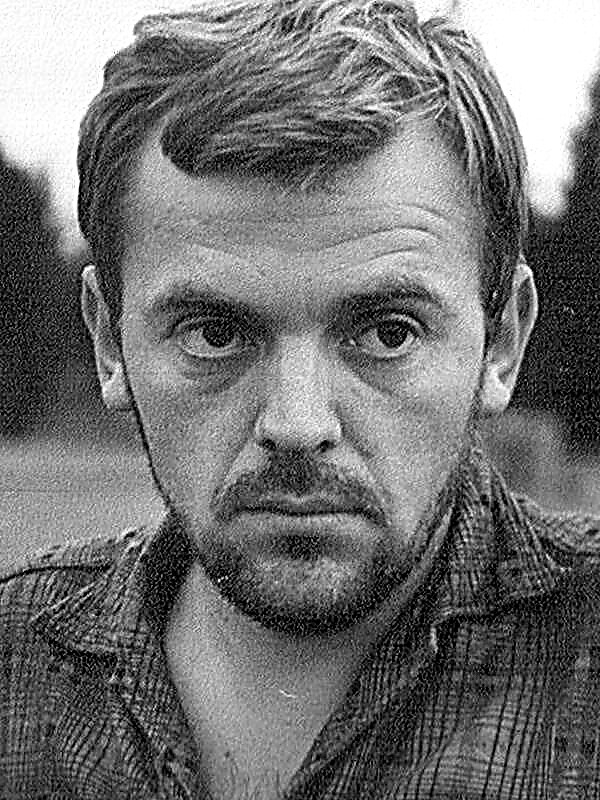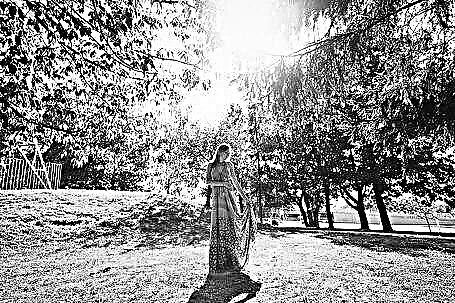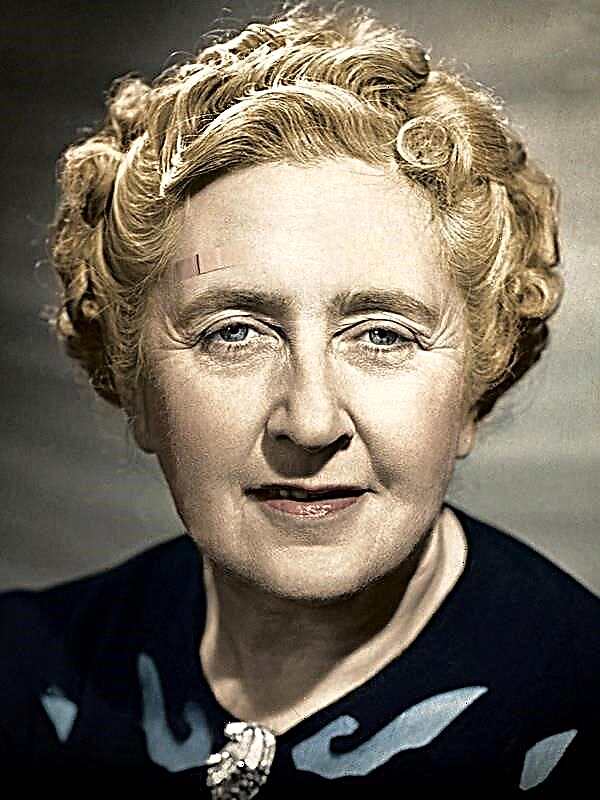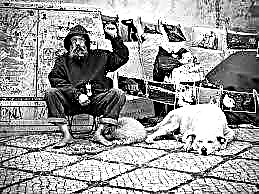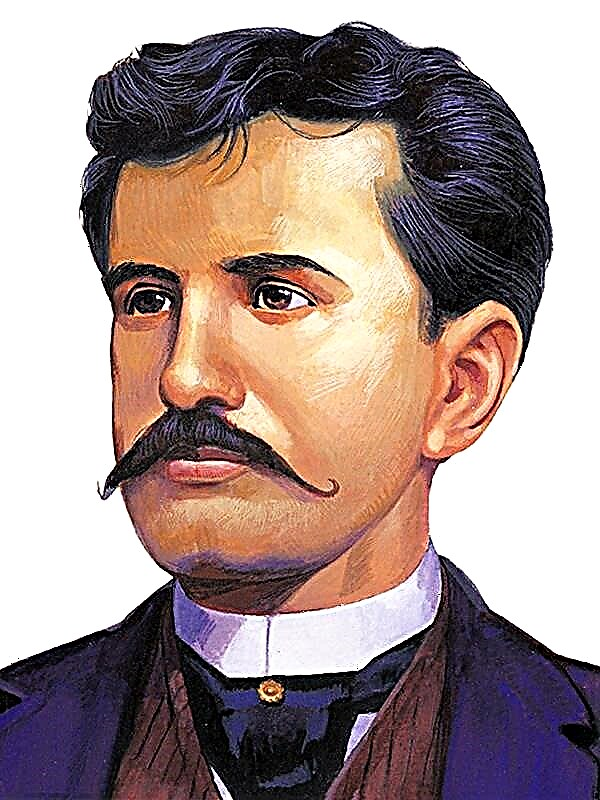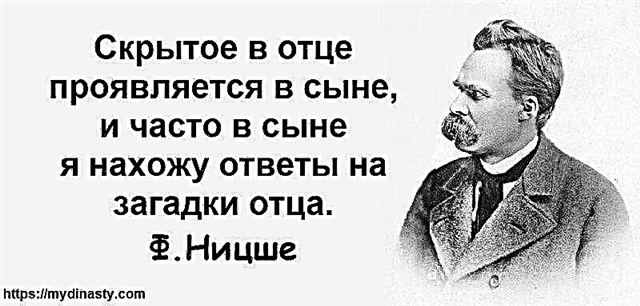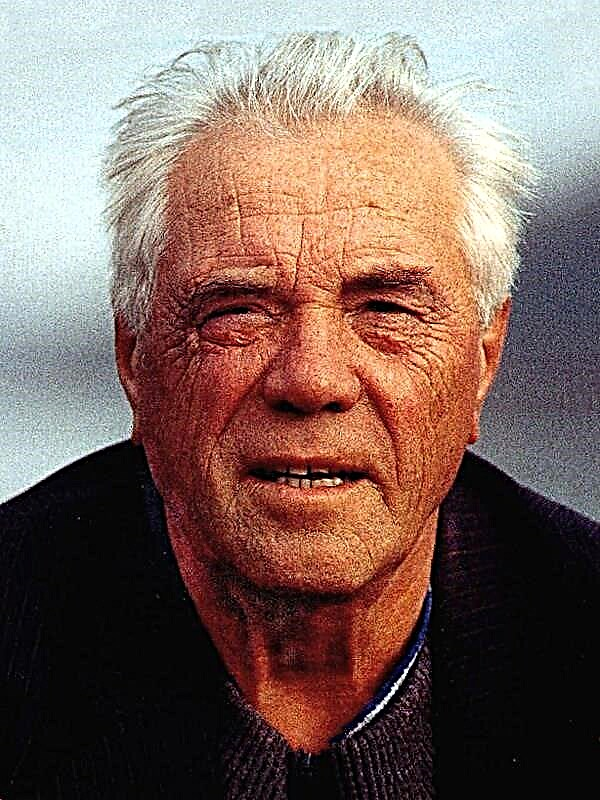(355 words) Grigory Pechorin - a collective image, the hero - an antagonist of morality, But was it only in Lermontov’s times that “Pechorin” vices existed in society? The well-known common truth about the immortality of the classics and the phenomena described in it is merciless to such villains "raised in a flask" as Grigory Aleksandrovich Pechorin: his image not only did not degenerate, but also grew, spread out over human minds and took root there, ceasing to be only made up of negative traits portrait.
The pechorin of our day is an established character, a behavioral manner, and the most unpleasant thing about him is that we have nothing to condemn him for. In each of us you can find many similarities with this type: egoism, restraint, inconsideracy, individualism. Every “Pechorin”, following his wishes, does not think about the consequences, about other people, about the fates that he intrudes only to break.
However, now we turn to the side diametrically opposed to my entry: from impartial judges, dear reader, we will turn into merciful human rights defenders. Should we blame the hero for psychological immaturity? Take a look around. Pechorin has long ceased to be a negative way - now it has become commonplace, it seems to us completely normal. Cynicism, indifference to other people's troubles, obsession with oneself and one's desires - all this is even preached in some circles and is considered, if not the norm, then forgivable weakness. This can be understood and accepted, because today humanism has turned into a fashion show, and charity and morality, distorted by hypocrites and hypocrites, have sore mouth. A man may want to be good, but he sees that his feelings and good intentions have long hung price tags. He’s used to cripples in the subway - hypocritical seekers of easy money, that millions gathered for the operation go to the comfortable existence of the whole family, where none of the unhappy parents work. In such a reality, to be Pechorin is perhaps the only rational decision that can protect a person from deception.
Thus, the hero created by M. Yu. Lermontov is still alive, he can be called an actual type of modern youth. This is sad, but quite natural, because we inherited such an inheritance from glorious ancestors. If then in Russia people became infantile and stupefied with a sense of their own significance and a vicious atmosphere of idleness and undeserved contentment, then even now this phenomenon cannot pass society by. History develops in a spiral, and our current round coincides with the one Pechorin missed.


